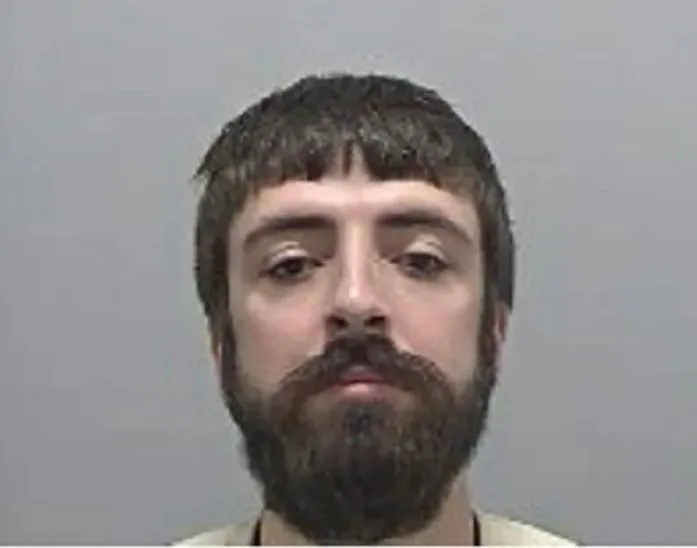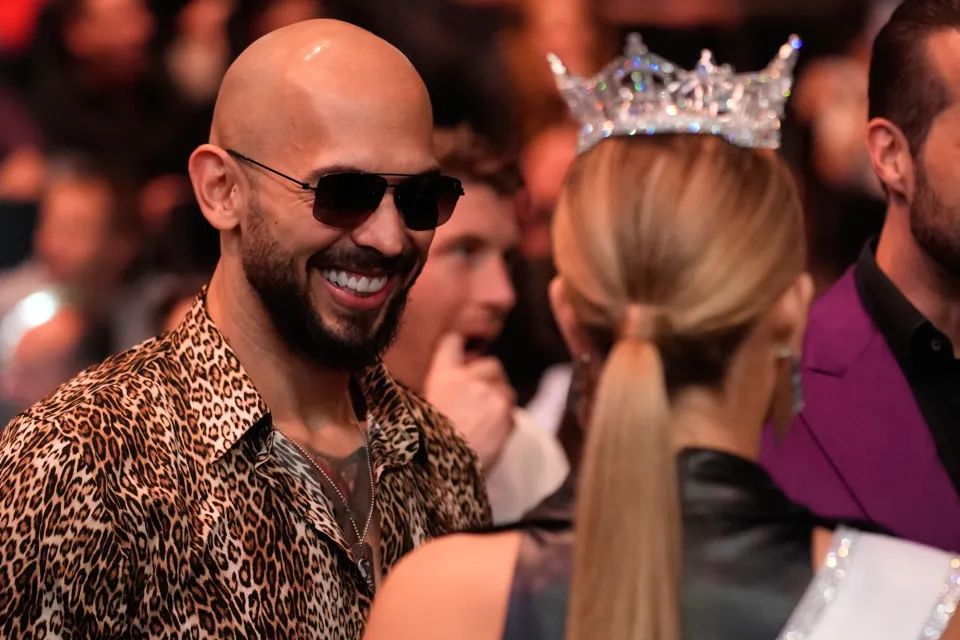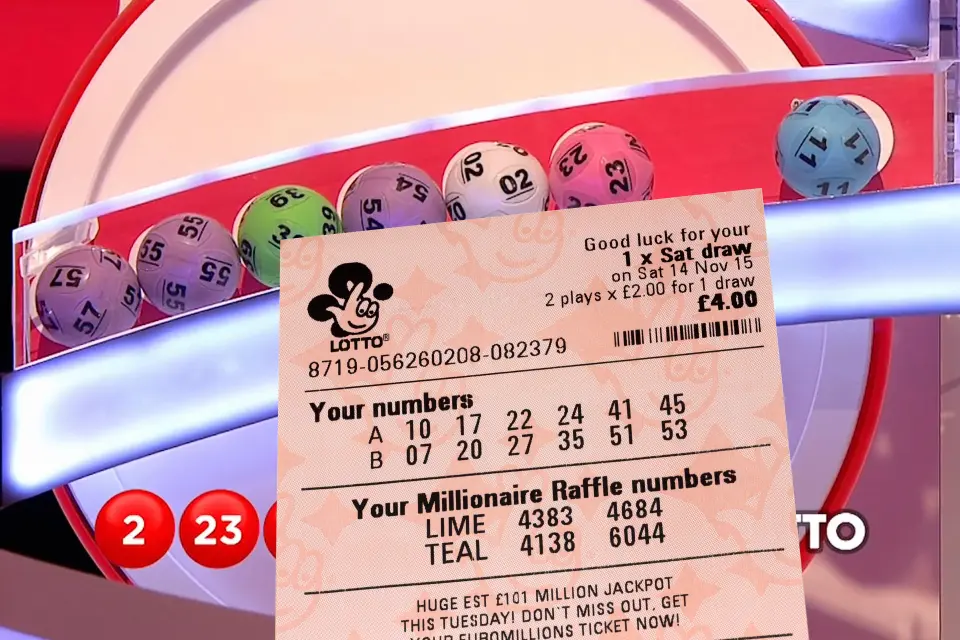Andrew Tate Dismisses Claims of Influence in Kyle Clifford Crossbow Murders
Overview of the Tragic Incident
In July 2024, former British soldier Kyle Clifford committed a heinous crime, murdering his ex-girlfriend Louise Hunt, her sister Hannah Hunt, and their mother Carol Hunt in Bushey, Hertfordshire. Clifford used a crossbow and knife in the attack and was later found guilty of rape, murder, and other offenses, receiving a whole-life sentence without the possibility of parole.
Alleged Influence of Andrew Tate
During the trial, it emerged that Clifford had watched up to ten videos of controversial influencer Andrew Tate less than 24 hours before the murders. Prosecutors argued that the “violent misogyny promoted” by Tate mirrored the motivations behind Clifford’s actions. However, the judge ruled that this evidence was too prejudicial to present to the jury, noting that Tate is “almost a poster boy for misogynists.”
Andrew Tate’s Response
When approached by reporters at a UFC event in Las Vegas, Andrew Tate dismissed the allegations linking his content to Clifford’s crimes as a “clown show.” He argued that blaming him was “completely unfair” and compared it to holding musicians accountable for their listeners’ actions.
Public and Legal Reactions
The case has reignited debates about the impact of online influencers on vulnerable individuals. Calls have been made for stricter regulations on content promoting misogyny and violence. Additionally, there have been discussions about the extradition of Andrew and Tristan Tate to the UK over separate allegations of rape and trafficking.
Conclusion
The tragic events in Bushey have highlighted the potential dangers of harmful online content and the importance of addressing misogynistic ideologies. As society grapples with these issues, the balance between free speech and protecting individuals from radicalization remains a critical concern.






